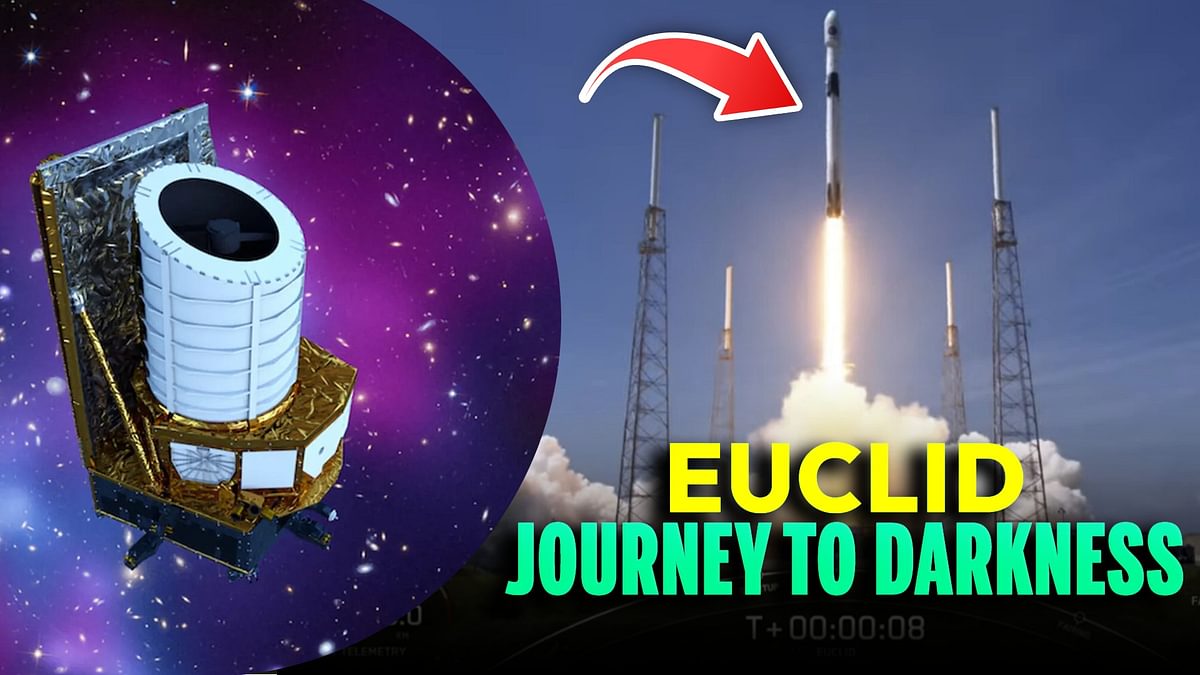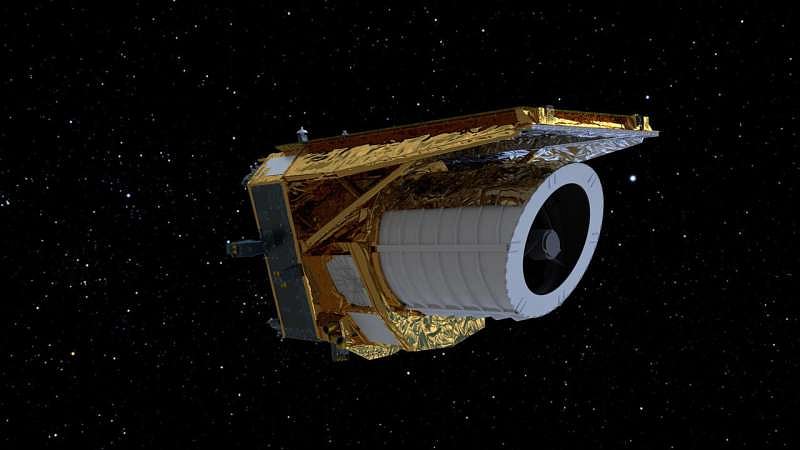
Welcome, space enthusiasts and curious minds! Today we delve into the awe-inspiring journey of the European Space Agency's (ESA) Euclid space telescope. This ambitious mission, launched successfully with SpaceX's Falcon 9 rocket, seeks to unravel the darkest secrets of our universe.
**The Euclid Space Telescope's Launch and Journey**
The Euclid's journey started on a high note with a spectacular lift-off from Cape Canaveral in Florida. The telescope is now en route to its destination - the L2 La Grangian position located on the dark side of Earth, which provides the best vantage point for the telescope's intended studies.
**Unveiling the Mission's Aim and Purpose**
Euclid's primary mission is nothing short of revolutionary - to study dark matter and dark energy. These two enigmatic components make up approximately 95% of our universe, yet their nature remains largely unknown.
Dark energy, in particular, is believed to be responsible for the accelerating expansion of the universe, a phenomenon first discovered in the late 1990s. Similarly, the invisible dark matter acts as the glue holding galaxies together. By studying the geometric distortions caused by these dark entities, Euclid will provide insights into their properties and impact on the universe's expansion.
**Overcoming Technical Hurdles**
The Euclid mission is not without its challenges. One significant hurdle is capturing precise measurements of billions of galaxies, which requires an extraordinary level of sensitivity and accuracy. To achieve this, Euclid is equipped with a 1.2-metre-diameter mirror and two powerful scientific instruments - a visible-light camera (VIS) and a near-infrared spectrometer and photometer (NISP).
Additionally, handling the massive amount of data that Euclid will generate presents another challenge. The spacecraft will produce around 850 GB of data per day, necessitating advanced data processing techniques to decipher the dark universe's enigmatic components.
**Expected Outcomes and Future Impact**
The Euclid mission promises to significantly enhance our understanding of the universe. By investigating the nature of dark energy and dark matter, it will provide invaluable information, potentially leading to new laws of physics.
Ultimately, the mission's findings will shape the future of cosmology and the scientific community's approach to understanding the universe's structure and ultimate fate.
The Euclid Space Telescope stands as a testament to human ingenuity and our relentless pursuit of knowledge. As we wait for the first data to trickle in, we can be sure that the mission will redefine our understanding of the universe and its darkest mysteries.
#EuclidSpaceTelescope #EuropeanSpaceAgency #SpaceXFalcon9 #DarkMatter #DarkEnergy #SpaceExploration #Cosmology

